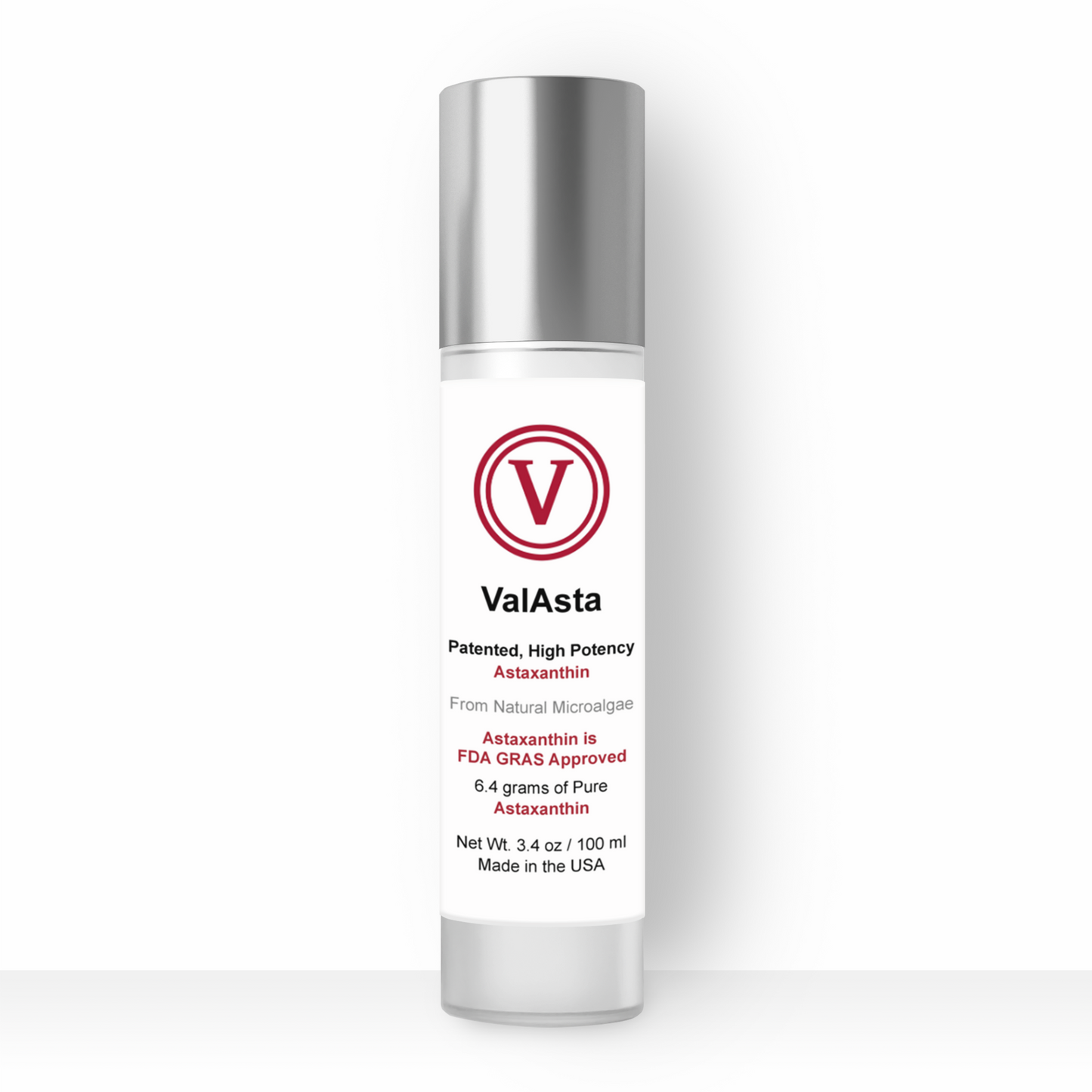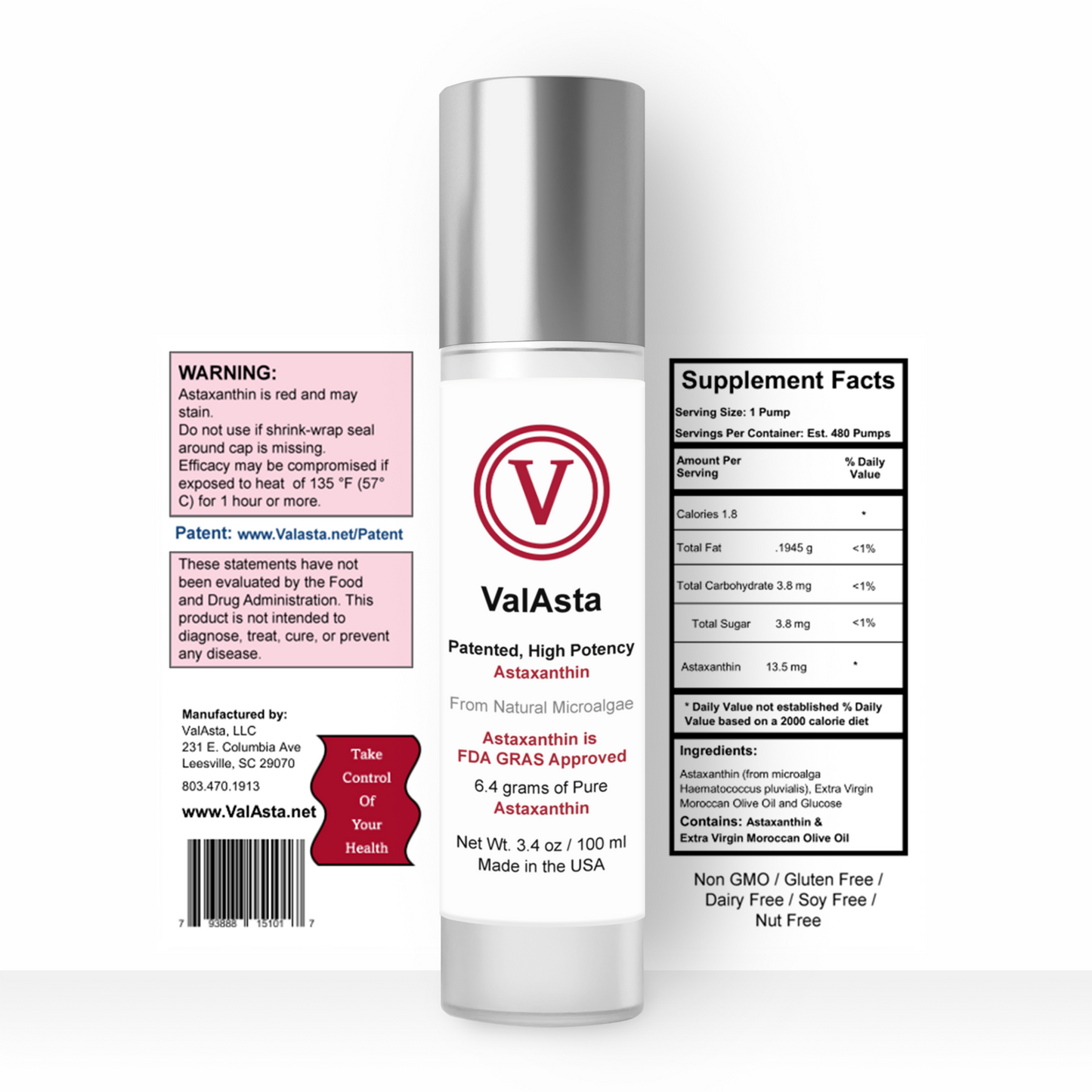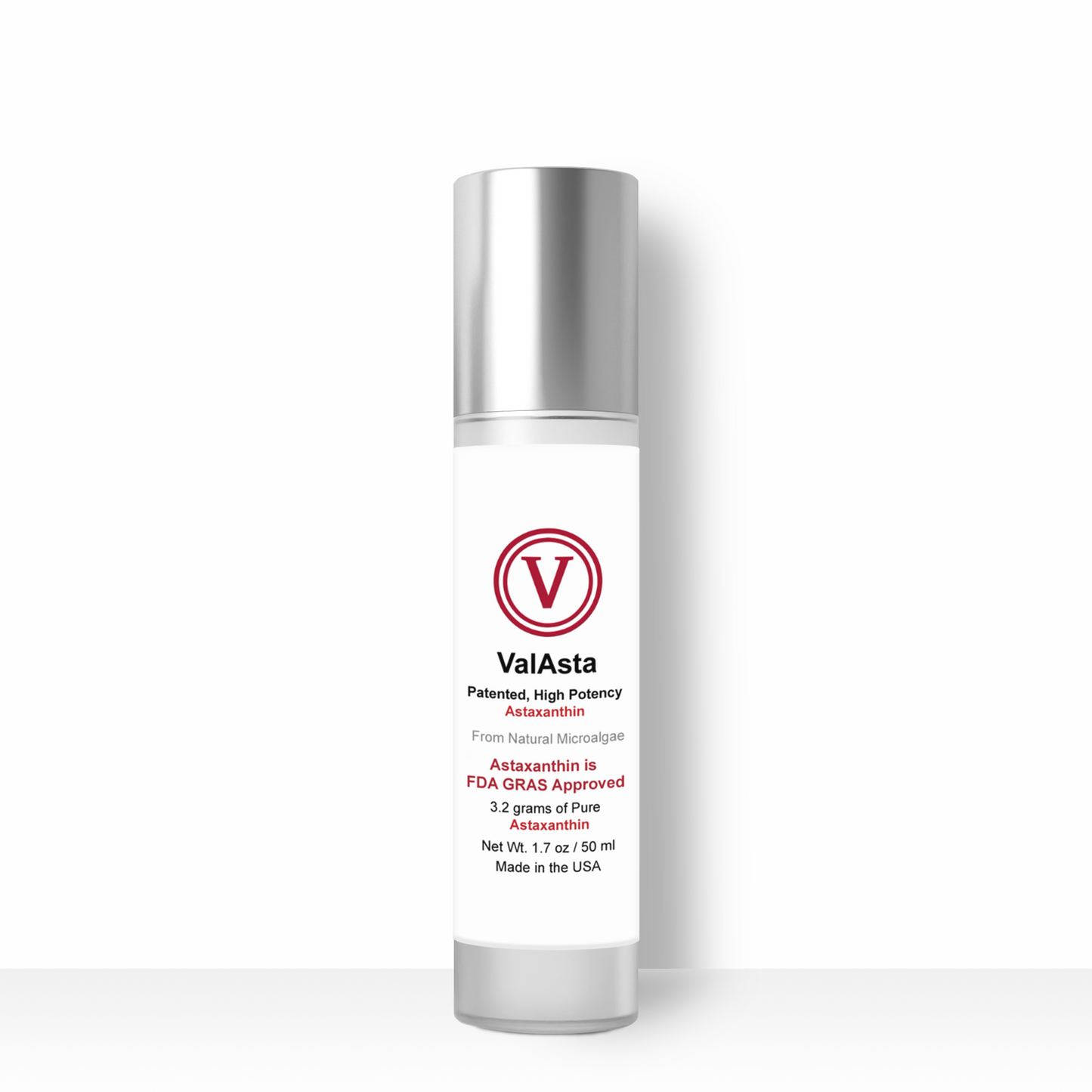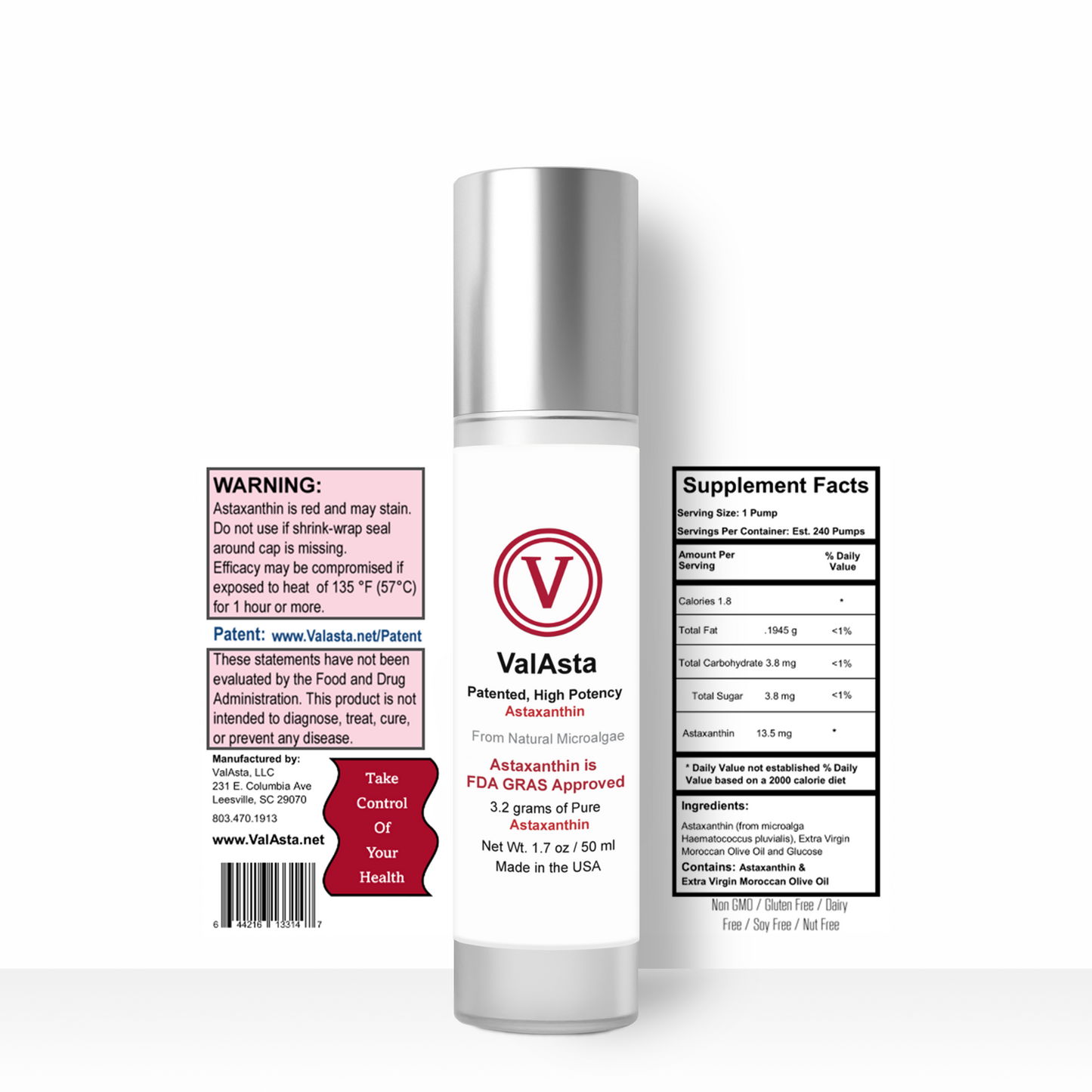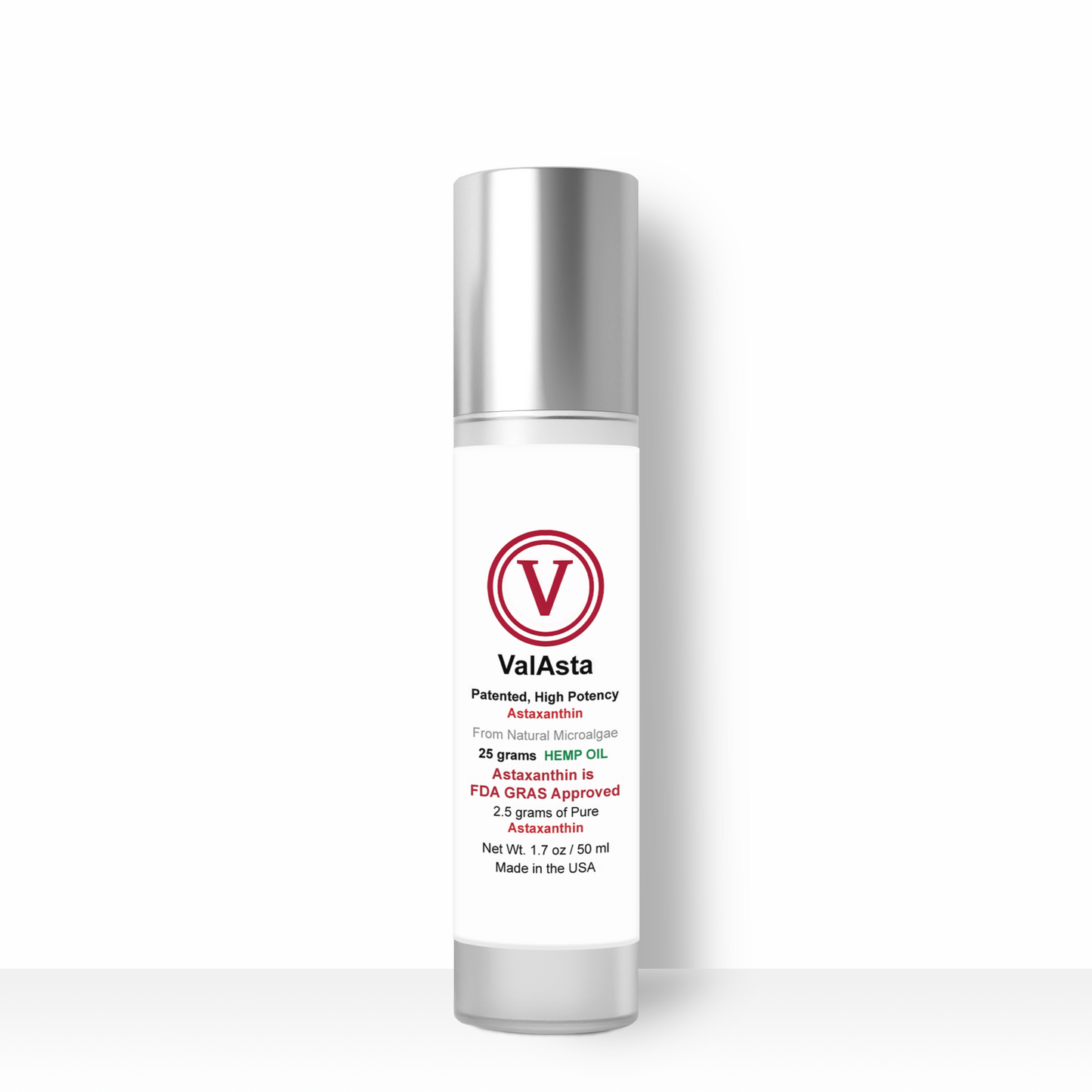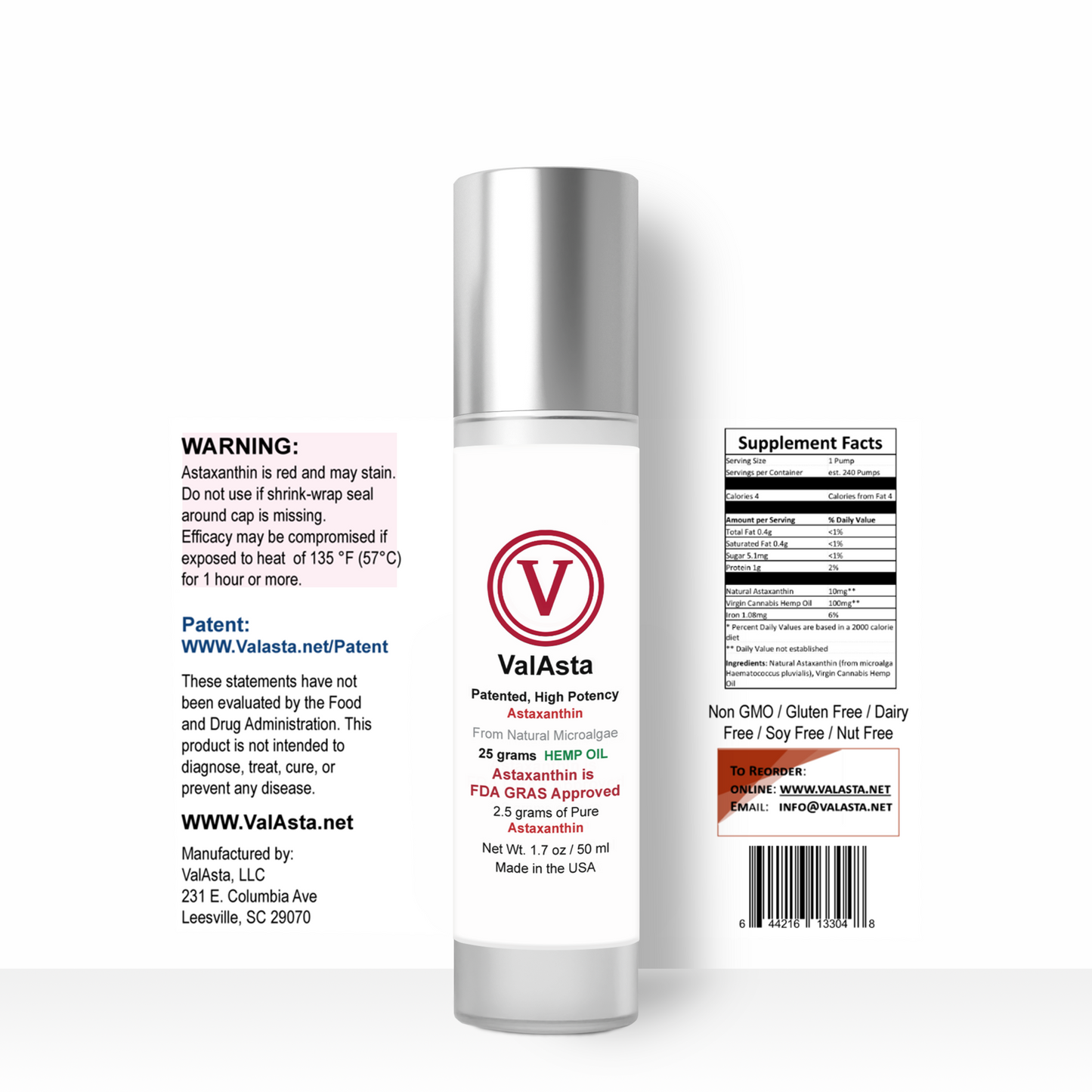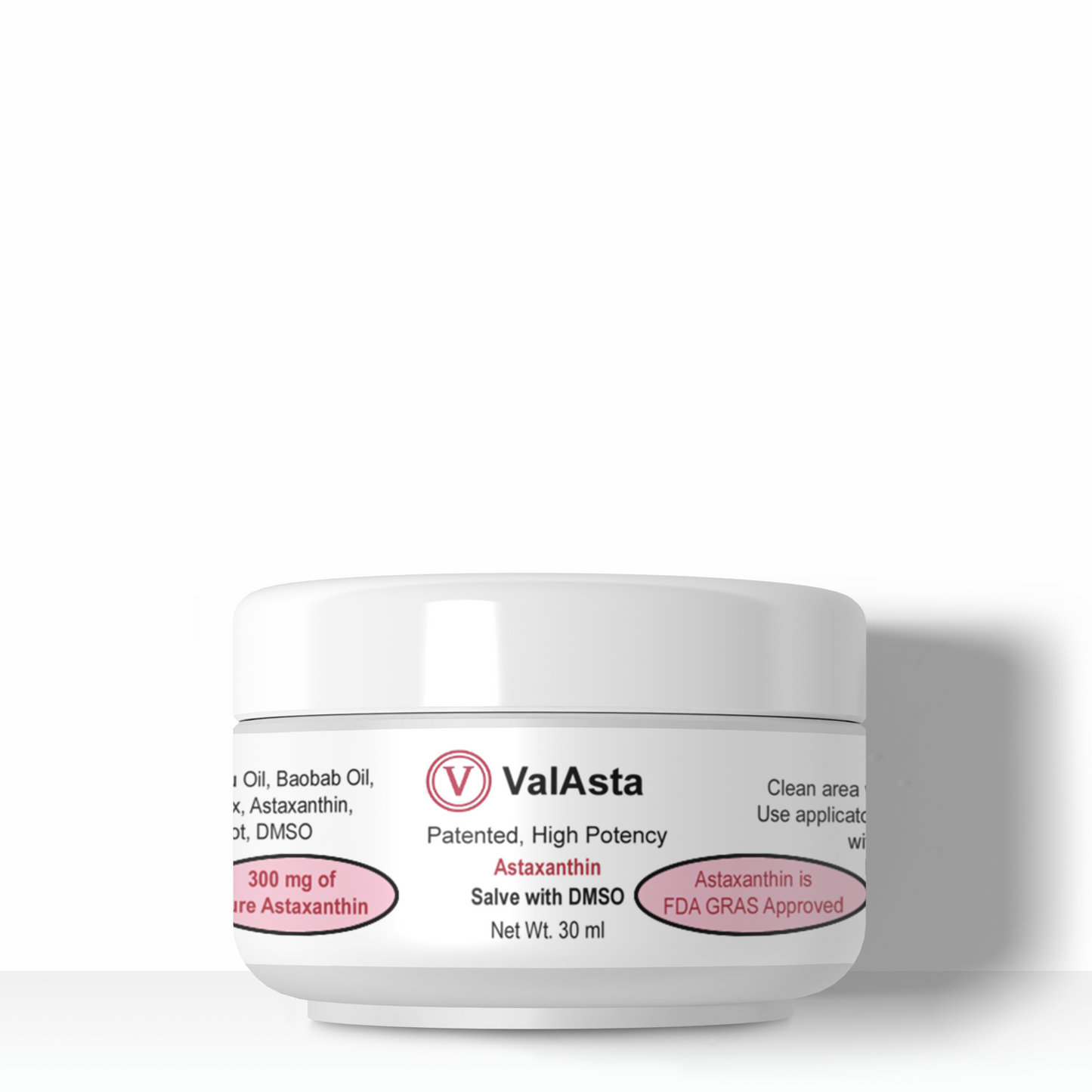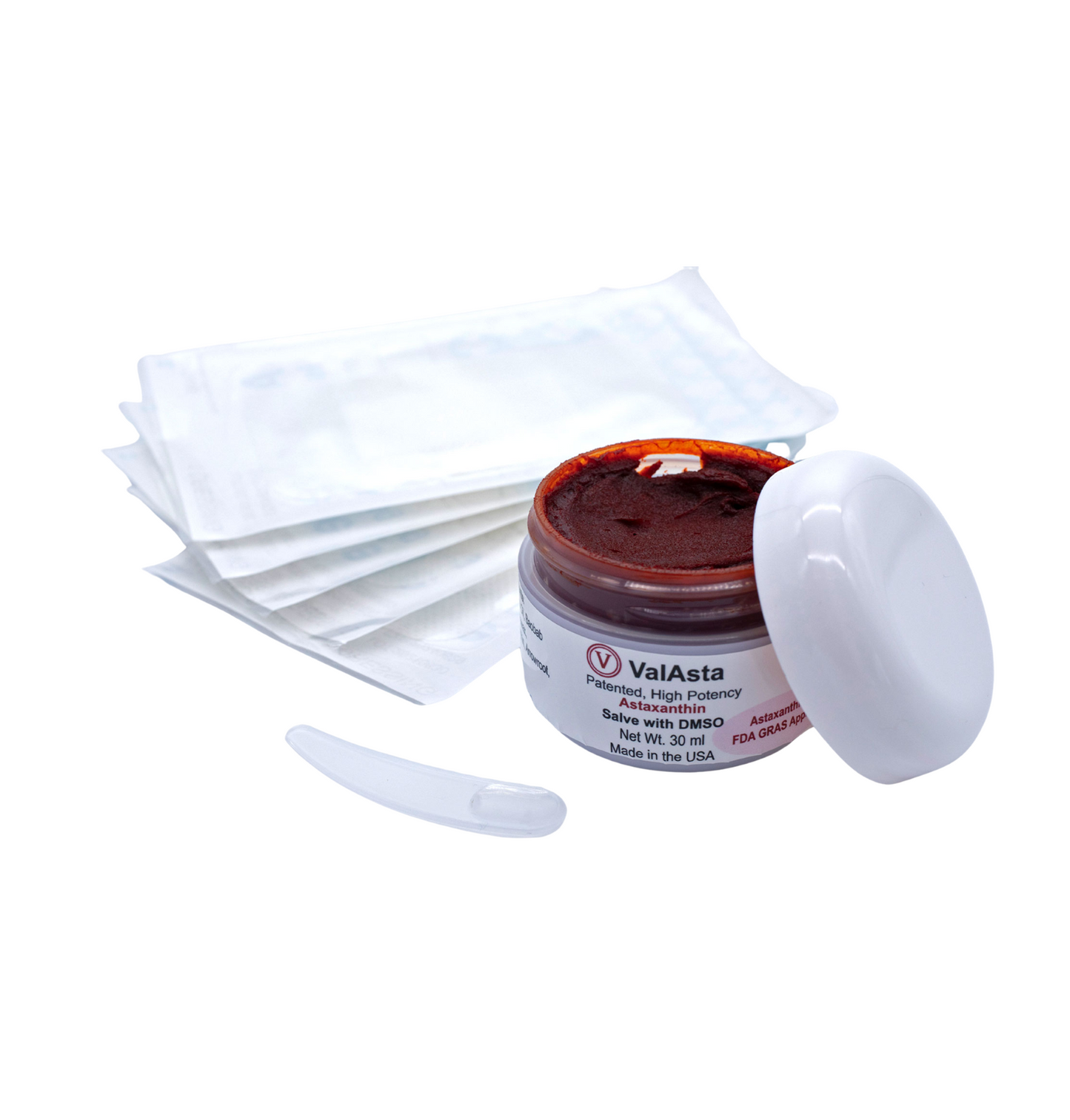Lung Cancer

Lung cancer is one of the main causes of cancer-related deaths worldwide. According to the American Cancer Society, the number of deaths from lung cancer is higher than the number of deaths caused by breast, colon and prostate cancers combined. Non-small cell lung cancer (NSCLC) constitutes over 80% of all lung cancer cases.
This group includes mainly squamous cell carcinoma (SCC) and adenocarcinoma (AC). Small cell lung cancer is less common and may also be referred to as oat cell cancer.
Warning signs of lung cancer
- A new cough that is persistent or worsens, or a change in an existing chronic cough
- Cough that produces blood
- Pain in the chest, back or shoulders that worsens during coughing, laughing or deep breathing
- Shortness of breath that comes on suddenly and occurs during everyday activities
- Unexplained weight loss
- Feeling that you are tired or weak
- Loss of appetite
- Lung infections such as bronchitis or pneumonia that will not go away
- Hoarseness or wheezing
Early diagnosis and the use of the latest targeted therapies have contributed to a slight improvement in prognosis in patients even in advanced stages of the disease. Immunotherapy, which is a new method of lung cancer treatment, also contributes to such improvements. The latest method of immunotherapy uses monoclonal antibodies directed against the immune-checkpoint molecules such as receptor programmed cell death 1 (PD-1) or its ligand (PD-L1). Their roles in the first- or second-line treatment of advanced stages of NSCLC are well established. Astaxanthin in a natural immunotherapy and assists the body in the defense of this cancer. As a natural product it has no side effects.
ValAsta has helped with many other common inflammatory conditions:
Shop ValAsta
Is Astaxanthin Safe?
The safety of astaxanthin administered orally was assessed in a medical trial undertaken in healthy adults. Volunteers were administered astaxanthin or placebo for eight-weeks. The authors concluded that healthy adults could safely consume natural astaxanthin.
In another study, high concentrations of astaxanthin were tested with blood taken from volunteers, 8 of whom were taking aspirin and 12 who were not. Even medical grade concentrations of astaxanthin had no adverse effects.
No significant side effects have been reported so far in published human studies in which astaxanthin was administered to humans.
Are There Any Side Effects?
- Astaxanthin has been classified as a generally safe supplement in the USA.
- ValAsta is 100% natural and has no serious side effects.
- The only side effects we have observed are a slightly reddish stool and in rare cases some stomach discomfort.
Benefits of ValAsta
- The only Patented astaxanthin for treatment of diseases.
- The world’s strongest natural anti-inflammatory.
- The world’s strongest natural antioxidant.
- 6000 x stronger than vitamin C
- Used to reduce chronic inflammation.
- Used as an anti-ageing supplement.
- Used as a health & fitness supplement.
- Protects health at a cellular level.
- Neutralized free radicals or ROS.





















